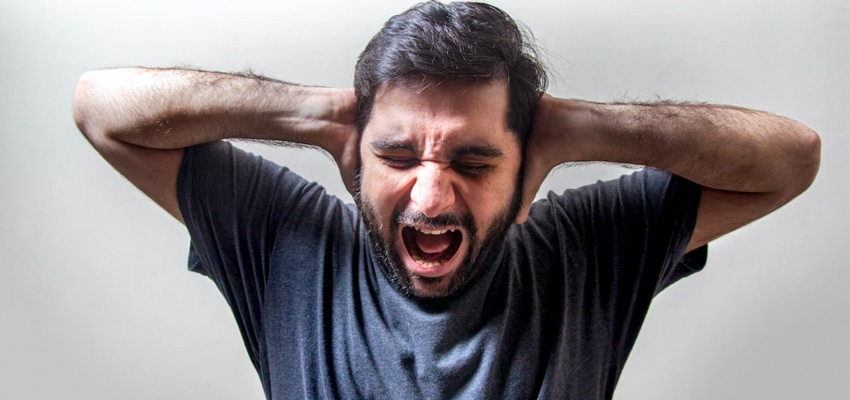
If you’re someone who struggles with anxiety, you are definitely not alone. These disorders are among the most common in Canada, with a recent study showing up to 15% of citizens experiencing generalized anxiety disorder.
Whether it’s worrying about the future, feeling overwhelmed with thoughts, or more physical symptoms like a racing heart and sweating, anxiety takes many forms and can be incredibly disruptive to our daily lives. But why does it happen? Let’s dig a little deeper to understand the causes of anxiety – and the best ways to cope with and treat it.
Where Anxiety Comes From
In its basic form, anxiety is felt as a normal part of everyday life. However, if you regularly feel disproportionate levels of it, it might be considered a medical disorder. Anxiety disorders form an entire category of mental health diagnoses and encompass conditions like:
- generalized anxiety disorder
- specific phobias
- social anxiety disorder
- separation anxiety disorder
- panic attacks
- selective mutism
Anxiety disorders are characterized by excessive fear (i.e., an emotional response to perceived or real threat) or worry about a future threat, and they can lead to negative behavioural and emotional consequences.
Anxiety and the Brain
Anxiety is a complex emotion that relates to the activity of several different regions of the brain. Each of these regions has its own role in our emotional, memory, and physiological systems:
- The amygdala plays a key role in the processing of emotions, particularly fear and anxiety. When a person encounters something that is potentially threatening, the amygdala sends a “danger” signal to the rest of the brain, triggering the release of stress hormones like adrenaline. This initiates the body’s “fight or flight” response.
- The hippocampus is a region of the brain involved in the formation of new memories and the regulation of emotions. Research suggests that the hippocampus may play a role in the development of anxiety disorders, as people with such conditions often have a smaller hippocampus.
- The prefrontal cortex is responsible for decision making, planning, and regulating emotions like anxiety and fear.
- The insular cortex handles interoception, which is the perception of internal bodily sensations. It may be involved in the detection of physiological changes in the body that occur in response to stress.
What Causes Anxiety?
So, those areas are likely to be where anxiety starts. But what is the overall cause? There are several theories – some involve changes in the way the brain processes information, while others involve changes in the way the body responds to stress.
In our helpful summary page on anxiety disorders, we laid out the most common anxiety triggers and causes, as identified by the Mayo Clinic:
- Coexisting medical conditions, like heart disease, diabetes, asthma, chronic pain, or a hereditary link to someone with anxiety
- Past trauma or exposure to traumatic events
- Stress from illness or lifestyle
- Drug or alcohol use/withdrawal
- Other mental health disorders, such as depression or PTSD
While these may be the underlying physiological cause, symptoms still vary from person to person – every brain is different and individual circumstances influence how anxiety appears.
Why Anxiety at Night?
Is it more common to feel anxiety at night? Some people experience this condition, known as nocturnal anxiety. This can be caused by a number of factors – stress from the day that just happened, worrying about the day ahead, feeling overwhelmed with thoughts – and this starts a cycle of poor sleep quality, which can make the anxiety worse. Sometimes you may even wake up due to nighttime panic attacks.
If that sounds like something you suffer from, there are treatments that can help! You can have a better quality of life and improve your sleep by getting professional diagnoses and therapies.
Why Do I Have Anxiety?
The causes of anxiety disorders involve multiple genetic, environmental, psychological, and developmental factors playing off each other. But here’s the good news: anxiety disorders are highly treatable, using a variety of methods to suit individual needs.
If you or someone you know is experiencing anxiety and requires personal counselling services – reach out, there’s no need to suffer through it on your own. In Canada, up to 15% of the population experiences generalized anxiety disorder, making it a prevalent condition. Our roster of experienced and empathetic therapists can help you identify, manage, and overcome your anxiety disorders (and a wide variety of other ones that may accompany it). Simply reach out and start a conversation with a free 15-minute consultation – we look forward to meeting you!

